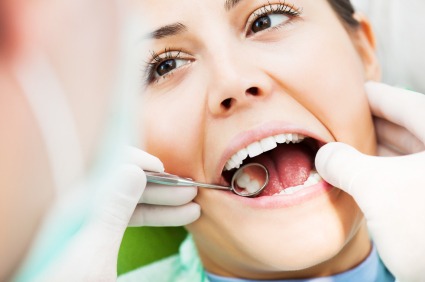If you have damaged or infected teeth, the first thing most dentists would consider is to do anything possible in order to save and fix your teeth. However, there can be instances wherein the tooth may be severely damaged or infected, requiring it to be extracted to prevent it from further damaging your oral health and lead to other complications.
Once the tooth extraction procedure is done, our reliable team here at Boger Dental recommends that you follow the necessary actions to avoid any oral problems from occurring that could jeopardize your oral health.
Here’s the following list of tooth extraction aftercare that needs to be followed for a healthier and fresher mouth.
Immediately after the tooth extraction procedure:
- Bite firmly on the gauze pad that is placed over the extraction site to help stop the bleeding. Leave the gauze pad in place until it becomes soaked in blood before changing it.
- After the procedure, you may have difficulty in feeling your lips, cheeks, or tongue due to numbness. When this happens, you should not as this is only temporary and will wear off within two to six hours. Make sure not to bite your lips, cheeks, or tongue.
Additional tips:
- Resuming your usual activities. For at least a day after the procedure, avoid driving or participating in any strenuous activities. You may return to work or school and do your usual activities once you have entirely recovered.
- Medication. Take all the prescribed or over-the-counter medicines as instructed.
- Bleeding. Even after biting firmly and changing the soaked gauze pads on your mouth, excessive bleeding still continues, apply another fresh gauze pad for an additional thirty minutes. When you say excessive bleeding, it means that there is pooling or dripping blood out of the extraction sites within fifteen to twenty seconds of removing the gauze. Contact us here at Boger Dental if you feel bleeding is excessive.
- Managing your pain. After the procedure, you may feel some discomfort, which can be relieved by pain relievers. But, those who are pregnant or allergic to aspirin or other non-steroidal anti-inflammatory drugs (NSAIDs) cannot follow this regimen.
- Diet. If possible, try to chew on the opposite side of your extraction site or add soft foods to your diet. Soft foods include pudding, yogurt, lukewarm soup, mashed potatoes, scrambled eggs, and more. Avoid any hard, crunchy foods like nuts or chips, as it can disturb your extraction site for at least a week. After the third day, you may eat anything you wish, unless given specific instructions by your doctor. Refrain from drinking alcoholic beverages for at least a day following the administering of numbing medication or as long as you are taking pain medications.
- Brushing and rinsing. Brushing, rinsing, or spitting during the day of the surgery is prohibited. However, you may brush your teeth the day after the treatment but avoid brushing near the extraction for at least three days. Rinse your mouth with a half cup of warm water and a pinch of salt beginning three days after the procedure.
- Prevent dry socket from occurring. After the tooth extraction procedure, the forming of the blood clot is crucial to stop the bleeding and begin the healing process. To avoid dislodging the formed blood clot, you must refrain from smoking, using a straw, rinsing aggressively, or any sucking actions.
